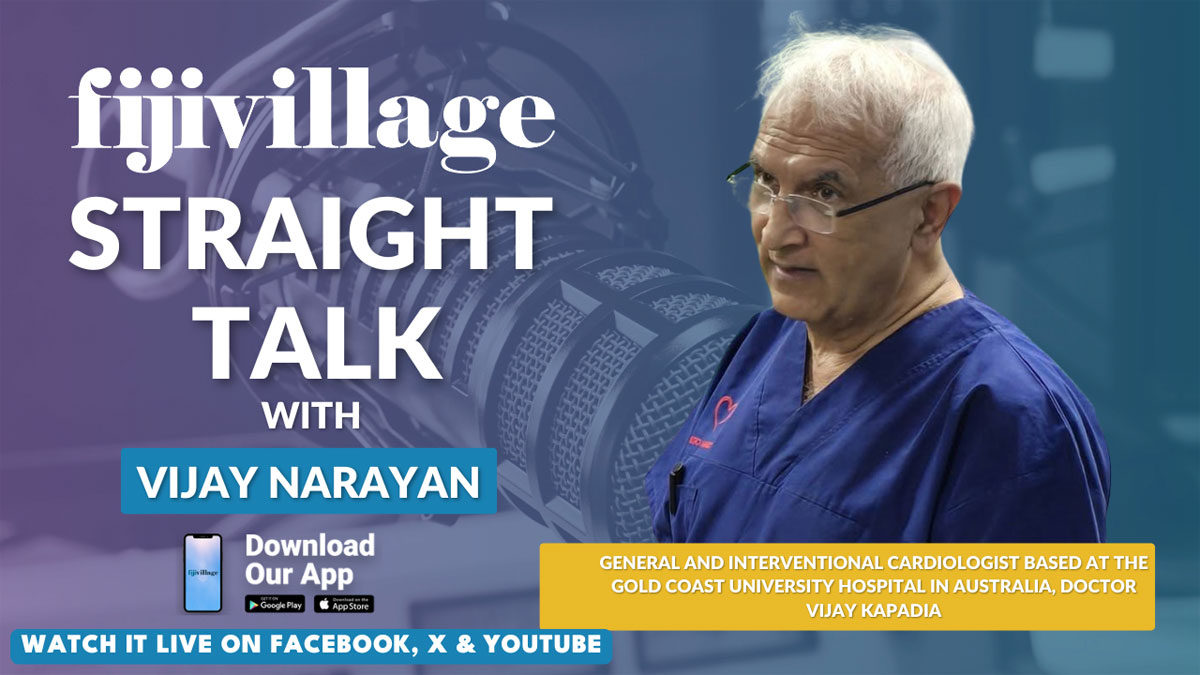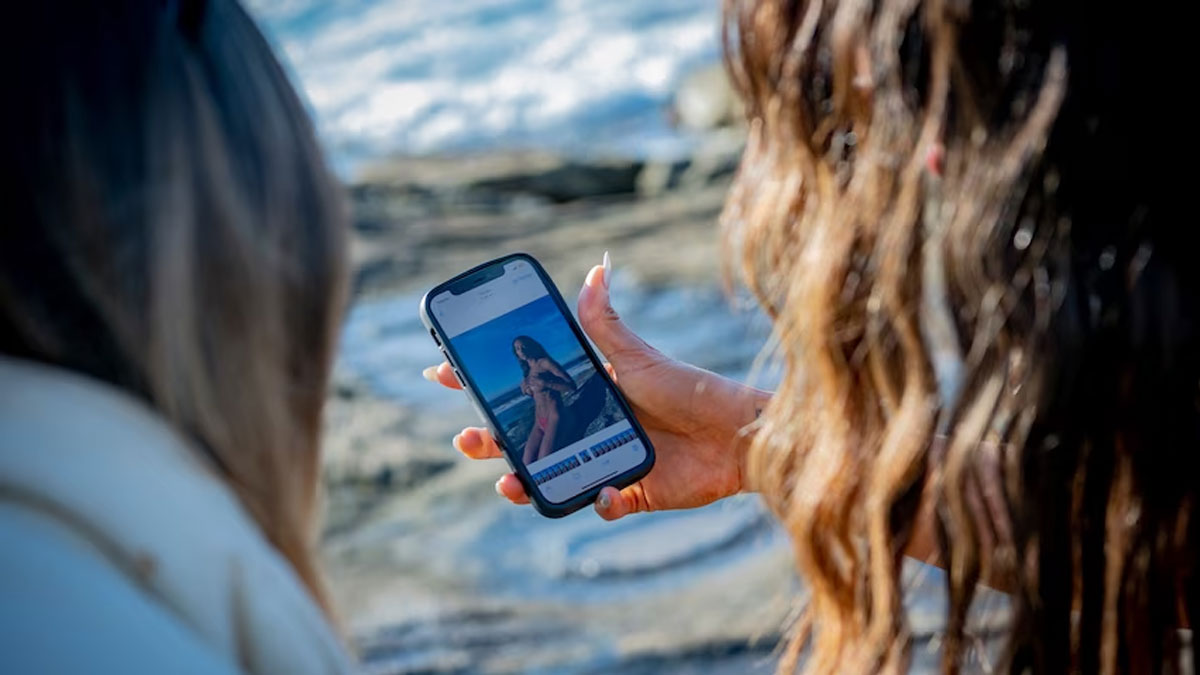
The island nation of Fiji has one of the highest rates of internet use in the Pacific and this digital revolution is causing a problem for its government: unfettered access to porn.
A deeply religious country, Fiji is now grappling with issues surrounding open access to pornography — an issue that is sparking heated debate.
Some argue access to porn is causing unhealthy sexual relationships and even triggering violence — particularly among younger generations — others argue it is part of life in modern society and "better than cheating on your partner".
Fiji's Deputy Prime Minister and Minister for Communications Manoa Kamikamica has been one of the driving forces.
He said there was a "complex relationship" between pornography and an increase in sex crimes. He said care would need to be taken to navigate the problem.
"It is a much-debated topic as it sparks privacy, freedom of expression, security, censorship, technological and individual liberty considerations," he said.
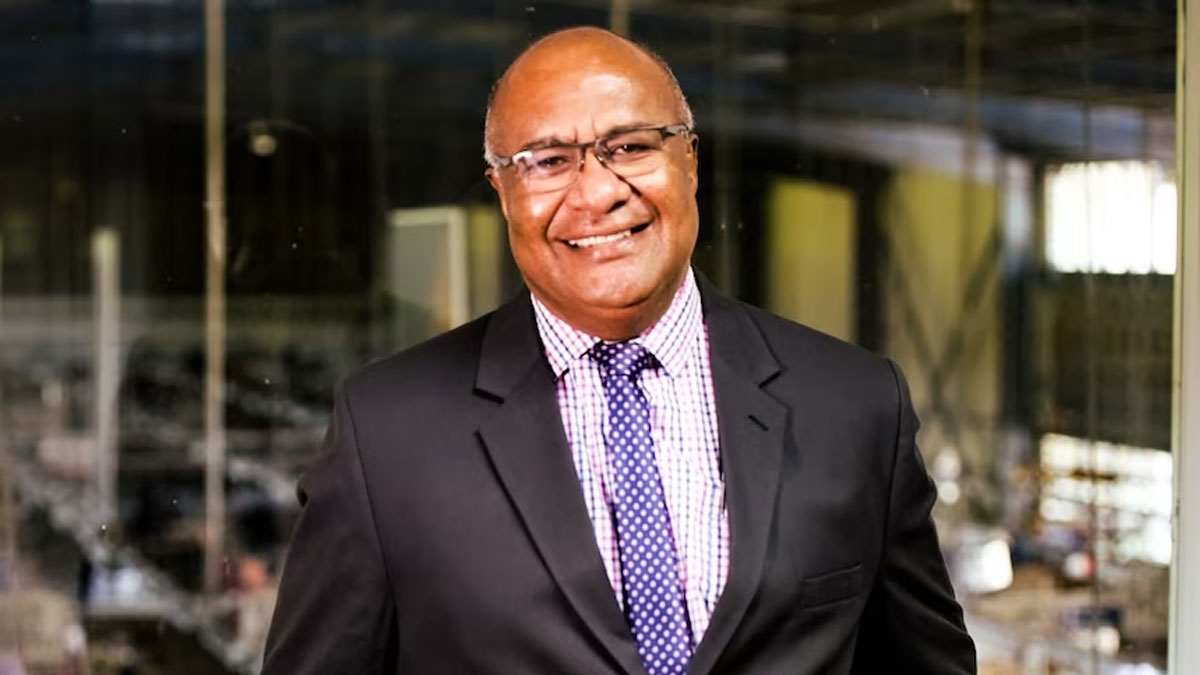
Mr Kamikamica said one of the country's main internet providers — who he did not name — handed over information that showed 626.13 terabytes of internet traffic was used to view porn in Fiji last quarter.
"To put this into context, 626 terabytes of data is approximately equal to the amount of data stored in 100 million books," he said.
Mr Kamikamica said Fiji ranked in the top 10 countries of the provider's network for internet traffic to porn websites.
In 2020, Fiji's Minister for Women Children and Poverty Lynda Tabuya raised similar concerns over Google Trends data that ranked Fiji in the top 10 countries worldwide searching for "porn" and "pornography".
The habit has given rise to advocacy groups like Free Fiji from Porn whose work focuses on "speaking openly and honestly about pornography addiction".
Yet not everyone's convinced.
A Fijian man, who the ABC chose not to identify for privacy reasons, is in an online chatroom with 30 men who communicate daily over their shared enjoyment of porn.
Married with children, he considered his online habits harmless.
"Having access to pornography is way better than cheating on your partner," he said.
"When we talk about porn, especially if you're in a relationship, it's better to control yourself in a controlled environment than look for another person.
"With pornography, it gives you a whole other imagination. What little time you have, accessing pornography is done and dusted and then you go back to your partner."
What's the problem with porn?
A report by Save the Children published this year found young people's exposure to online pornography in Pacific countries was a key concern amongst locals.
Expanding internet technology, gender inequality and violence norms, religious and cultural taboos around sex and inaction on the issue, were among the causes.
"Locals may fear that such porn will shape the next generation's beliefs, desires and behaviours [and] exacerbate female subordination and instances of sexual violence against girls," it noted.
The report found religious and cultural taboos, like Christian outlooks that deemed sex both private and sacred, could silence important conversations around consent and healthy relationships.
"Locals are troubled that the restricted space for young people to discuss sex with trusted adults will prompt them to turn to online pornography to learn about sex, without being confined or punished by taboos," the report said.
It is a view that has been supported by Professor Alan McKee, one of Australia's leading academic experts on the study of pornography and sexual development.
He previously told the ABC that pornography was not inherently dangerous if it was combined with a comprehensive sexual education system.
In an Australian context, he has advocated for schools providing "age-appropriate, pleasure-accepting sex education, including porn literacy".
Professor McKee acknowledged porn could be positive for some, like queer and gender diverse young people.
"Pornography for queer kids has ended up filling the gap, because there's nothing else that says that you exist and you are sexual and that is fine."
Women, children exposed to porn-related harm, advocate says
Women's rights advocate and director of the Fiji Women's Crisis Centre Shamima Ali said it had recorded "increased numbers of marital rape complaints" by men acting out the violent porn they were viewing on their partners.
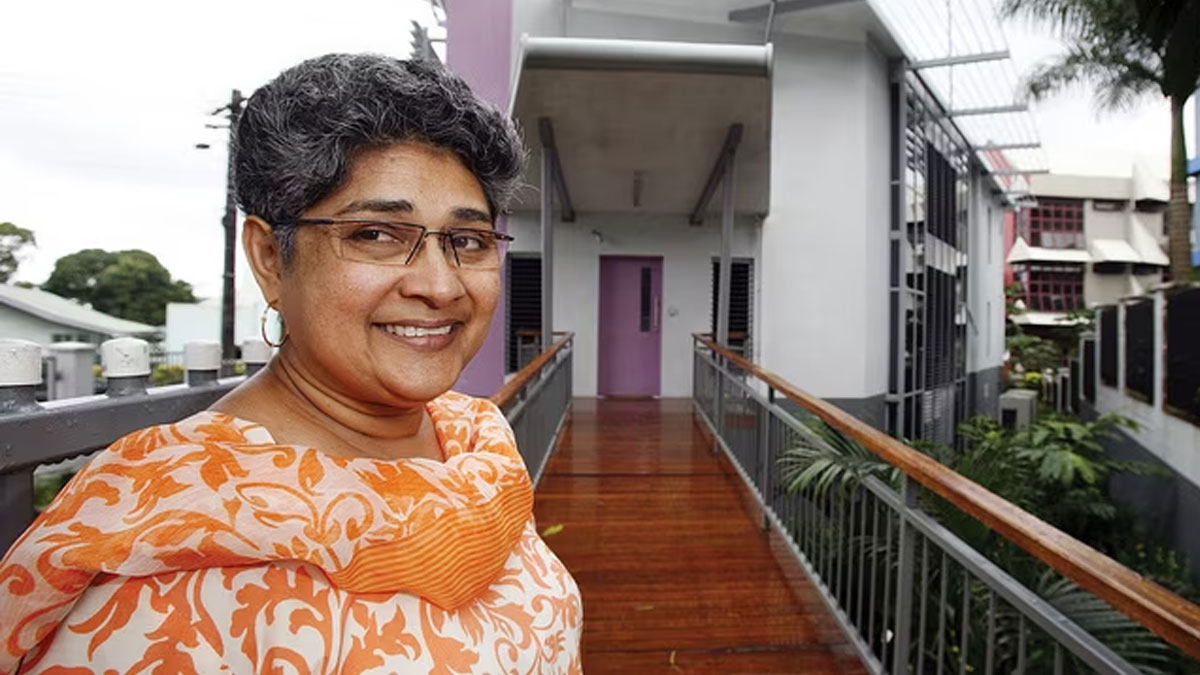
Ms Ali said younger primary school aged people were getting exposed to violent porn.
"We have been called out to primary schools where children [have been] horrified by the type of sexually graphic images that are passed around," she said.
While the government has not committed to a ban on porn, she said it was important that any response excluded "moral police" and "centred on human rights".
"Pornography does not happen in a vacuum. It is part and parcel with the whole patriarchal system we live in. Why is there such a need to watch women in this situation?" she asked.
A task force to tackle 'root causes'
Members of parliament in Fiji rarely agree, but on this issue, Mr Kamikamica said the government and opposition would work together.
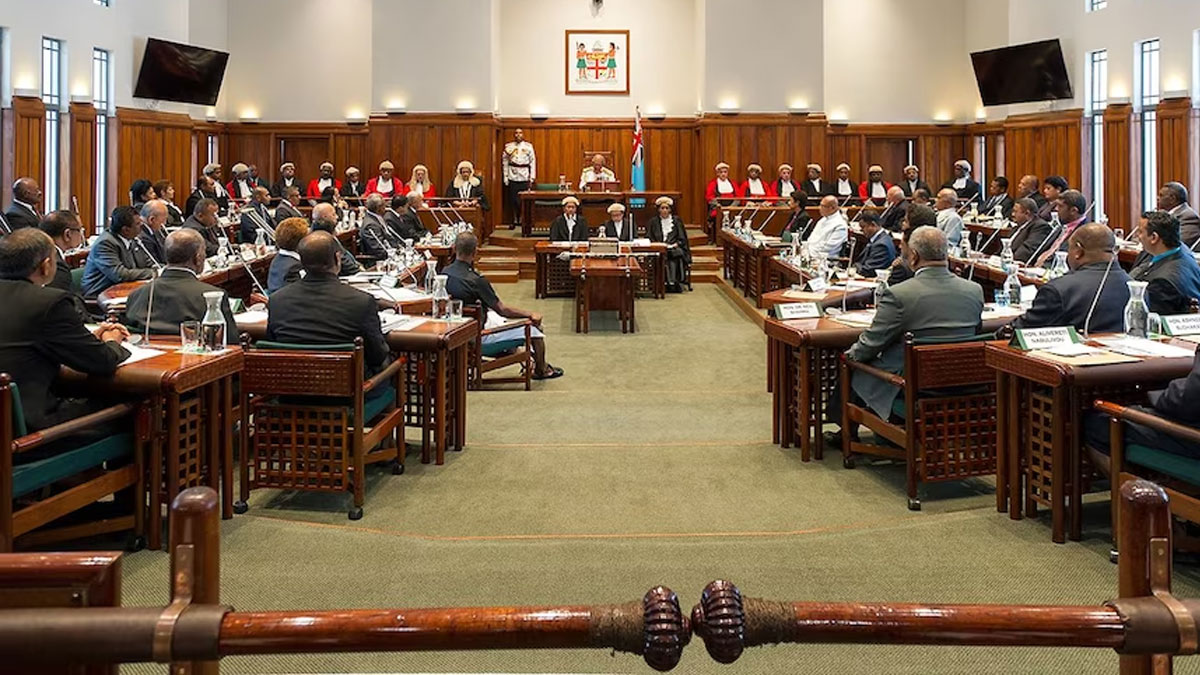
A task force focused on education around consent and healthy relationships will be launched early in the new year to reduce high volumes of porn-related internet traffic.
"Effectively tackling these social ills required a concerted effort and multi-stakeholder engagement targeted at addressing the root causes," Mr Kamikamica said.
The ABC has approached the government for further details about the task force's scope and function.
By Lice Movono and Melissa Maykin
Original article link: https://www.abc.net.au/news/2023-12-08/fiji-porn-problem-that-womens-activists-politicians-want-fixed/103184600
Stay tuned for the latest news on our radio stations

